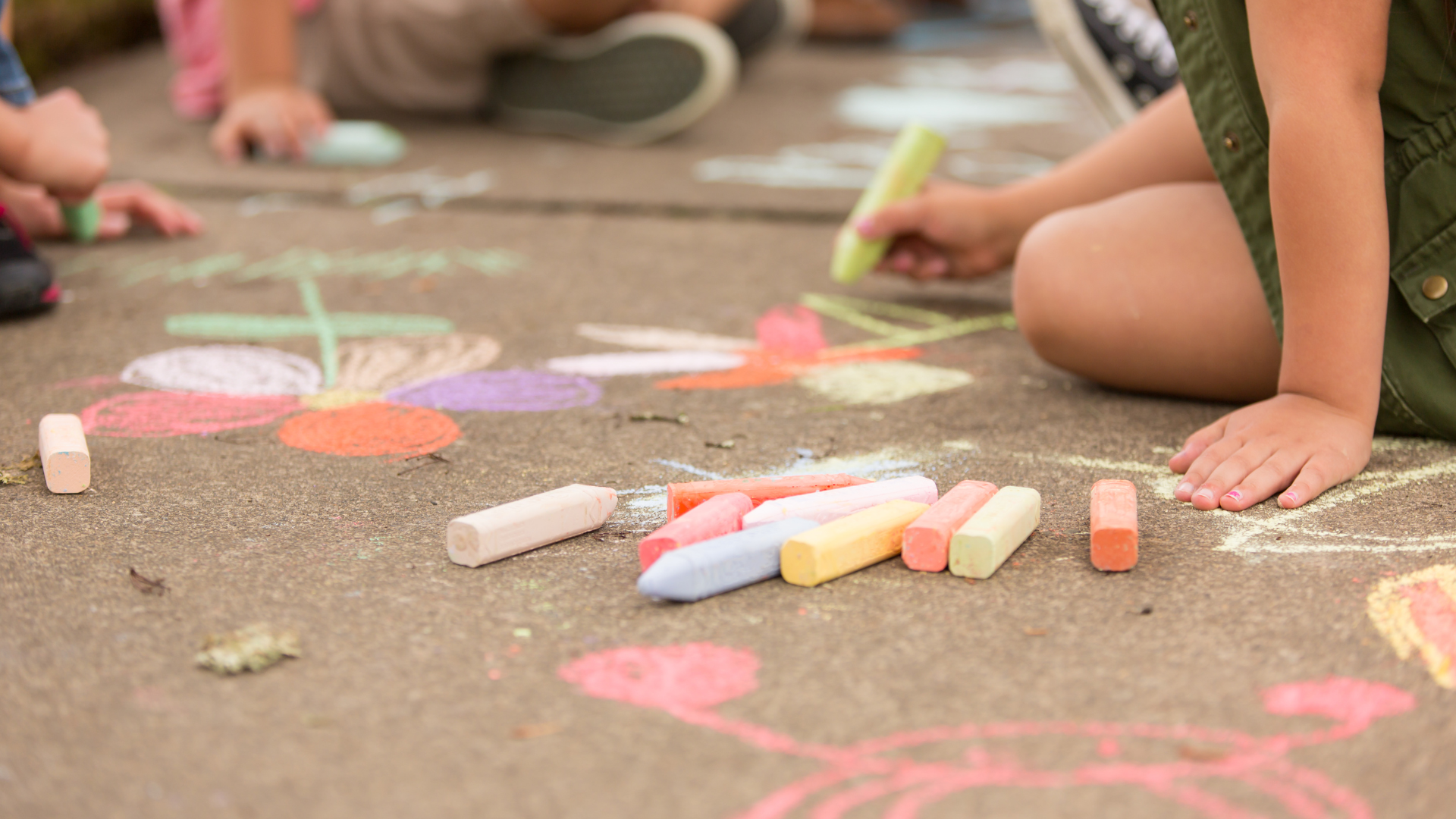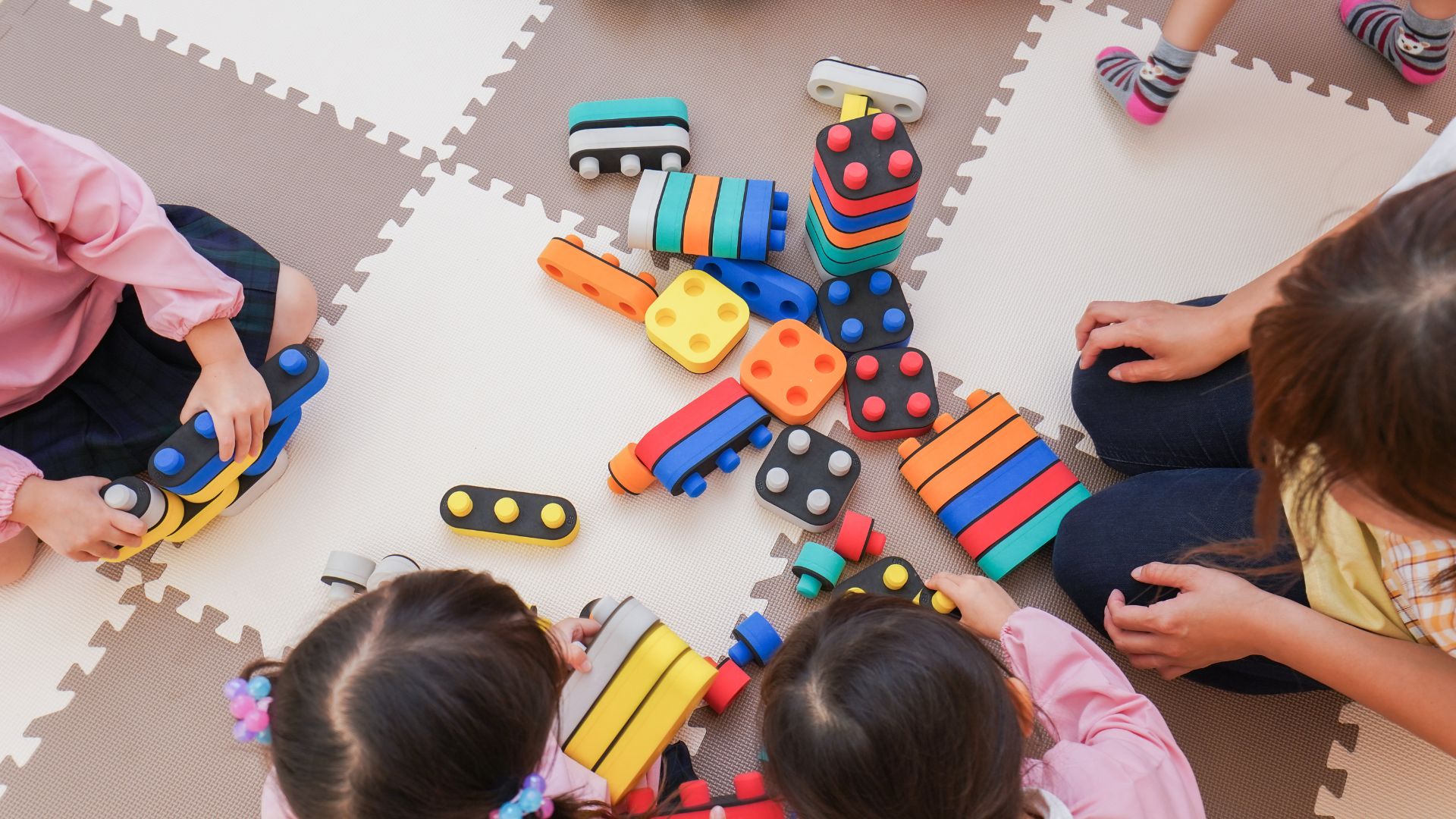Play is one of the most crucial aspects of a child’s life. It goes beyond mere fun and games—it significantly impacts their cognitive, physical, social, and emotional development. As parents, understanding the value of play can help you support your child’s growth effectively.
Cognitive Benefits of Play
- Critical Thinking Skills: Play promotes healthy development by encouraging critical thinking. Children learn how things fit together, explore cause and effect, and understand their role in the world.
- Imagination and Creativity: Creative, open-ended play allows children to conceptualize, brainstorm, and exercise their imagination. Whether they’re building forts, pretending to be superheroes, or creating imaginary worlds, play enhances their cognitive abilities.
- Memory Reinforcement: Through play, children reinforce memory by actively engaging with their surroundings. Whether it’s remembering rules for a game or recalling details from a pretend scenario, play helps build memory skills.
Physical Benefits of Play
- Fine and Gross Motor Skills: Play contributes to the development of fine motor skills (such as hand-eye coordination) and gross motor skills (like running, jumping, and climbing). Activities like block building, dancing, and riding bikes enhance physical abilities; as mention on the Healthline.
- Energy and Stamina: Active play keeps children physically fit, improves stamina, and boosts overall energy levels. Encourage outdoor play, sports, and other physical activities to support their health.

Social Benefits of Play
- Interaction and Communication: Playtime provides opportunities for children to interact with peers, siblings, and adults. Whether it’s sharing toys, negotiating rules, or collaborating on imaginative play, social skills develop naturally.
- Empathy and Cooperation: Cooperative play teaches empathy and cooperation. Children learn to take turns, share, and work together toward common goals. These skills are essential for building positive relationships later in life.
Emotional Benefits of Play
- Stress Reduction: Play reduces stress and anxiety. When children engage in enjoyable activities, their bodies release endorphins, promoting a sense of well-being and relaxation.
- Emotional Expression: Play allows children to express their emotions freely. Whether they’re acting out scenarios with dolls or drawing pictures, play becomes a safe outlet for feelings.
Conclusion
As parents, prioritize playtime for your child. Encourage a mix of structured and unstructured play, both indoors and outdoors. Remember that play isn’t just about entertainment—it’s a fundamental part of healthy development. So, let your child explore, create, and have fun!
Remember to supervise play activities, ensure safety, and provide a variety of play experiences. Your child’s growth and well-being depend on it! 🌟


No responses yet